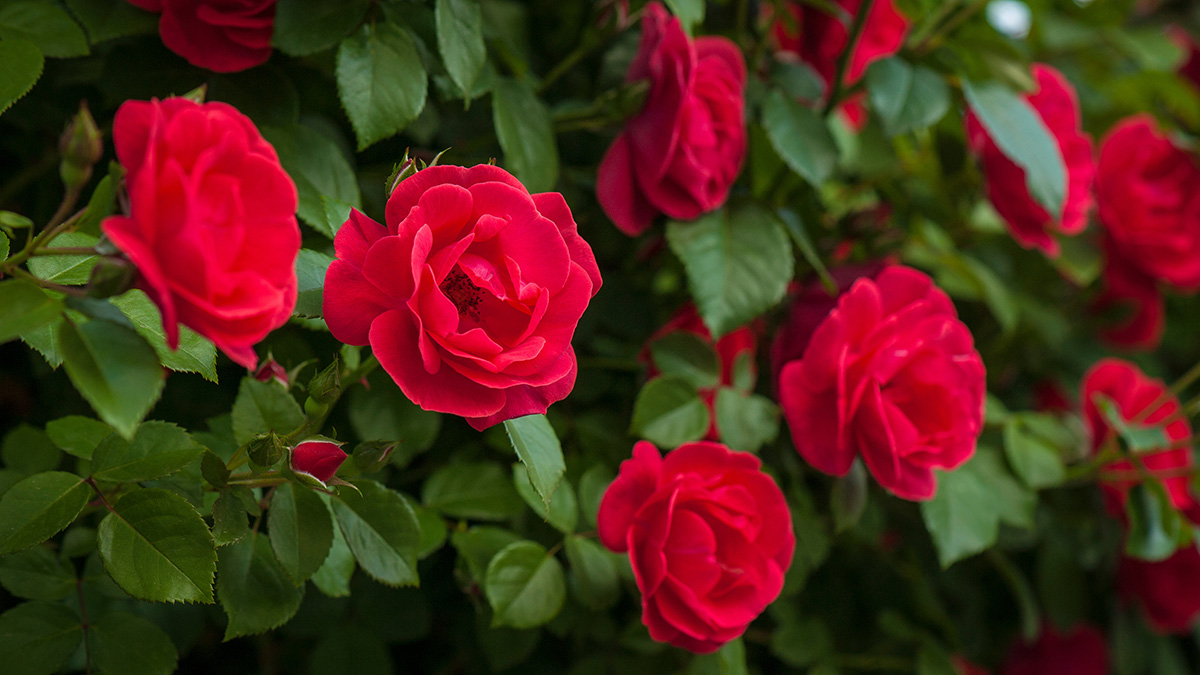Title: The Timeless Beauty of Roses: A Closer Look at Nature's Most Iconic Flower
Introduction
Roses, with their delicate petals and enchanting fragrance, have captured the hearts of people for centuries. These timeless beauties have a rich history that spans across various cultures and symbolize a wide range of emotions and sentiments. In this blog, we will take a closer look at the fascinating world of roses, from their origins and diverse species to their cultural significance and modern uses.
**A Brief History of Roses**
Roses have been cherished by humans for thousands of years. Their history can be traced back to ancient civilizations, including the Greeks and Romans, who associated them with love, beauty, and devotion to the gods. In fact, the rose was sacred to Aphrodite, the Greek goddess of love, and Venus, her Roman counterpart.
During the Roman Empire, roses were widely cultivated and used in various aspects of daily life. They were used to make perfumes, oils, and cosmetics. Petals were scattered at feasts and used to adorn statues and public places. The rose's symbolism continued to evolve over time, and it became associated with both love and war, making it a symbol of complex emotions.
**The Diversity of Roses**
Roses are incredibly diverse in terms of color, size, and fragrance. There are over 150 species of roses and thousands of cultivated varieties, making them one of the most varied flower species on Earth. They come in a spectrum of colors, including the classic red, as well as pink, white, yellow, and even blue (though naturally blue roses do not exist and are typically created through genetic modification or dyeing techniques).
Roses also vary in size and shape. Some are compact and ideal for container gardening, while others grow as tall climbing vines or bushy shrubs. The shapes of their petals can range from single petals to fully double blooms, with some even resembling peonies or camellias.
**Cultural Significance of Roses**
Throughout history, roses have held deep cultural significance in various societies. Here are a few examples of their symbolic meanings:
1. **Love and Romance**: The red rose is an enduring symbol of love and passion. It has become synonymous with romance and is often given as a token of affection on special occasions like Valentine's Day.
2. **Friendship**: Yellow roses represent friendship and joy. They are often exchanged between friends as a symbol of appreciation and camaraderie.
3. **Purity**: White roses symbolize purity and innocence. They are commonly used in weddings and other celebrations to represent new beginnings and a pure love.
4. **Remembrance**: The red and white combination of roses is often used to commemorate and remember loved ones who have passed away.
5. **Gratitude**: Pink roses convey gratitude and admiration. They can be given to express appreciation and admiration for someone.
**Modern Uses of Roses**
Beyond their symbolism and historical significance, roses continue to play a prominent role in modern society. Here are some of their contemporary uses:
1. **Perfume and Fragrance**: The essential oil extracted from rose petals is a prized ingredient in the perfume industry. It's used to create exquisite scents that evoke elegance and romance.
2. **Culinary Delights**: Roses are used in culinary creations, from rosewater in Middle Eastern and Indian cuisine to rose-flavored desserts and cocktails in Western culture.
3. **Cosmetics and Skincare**: Rose extract and rosehip oil are common ingredients in skincare and cosmetic products due to their soothing and hydrating properties.
4. **Medicinal Purposes**: Roses have been used in traditional medicine for their potential health benefits, including reducing stress and anxiety, improving digestion, and enhancing skin health.
5. **Gardening and Landscaping**: Roses remain a beloved choice for gardens and landscaping, with countless varieties available to suit different climates and preferences.
Conclusion
Roses are more than just flowers; they are living symbols of beauty, love, and human expression. Their rich history and enduring significance in our culture make them a captivating subject of admiration and study. Whether you have a garden full of roses or simply enjoy receiving them as gifts, these timeless flowers continue to bring joy, fragrance, and meaning to our lives. As we tend to these delicate blooms, we nurture a connection to our past and a hope for a more beautiful future.








0 comments:
Post a Comment